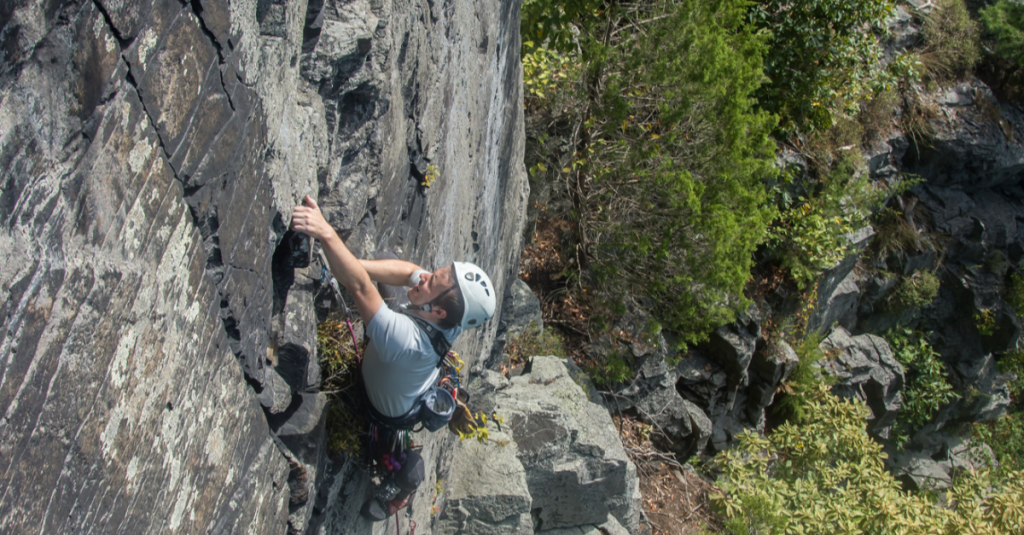
On Friday, February 8, Mid Atlantic Climbers (MAC) and Access Fund (AF) sent a letter to express our disappointment in the continued lack of public engagement in regards to Harpers Ferry National Historical Park’s June 2017 Superintendent’s Compendium, Section 13 that lists rock climbing access closures and restrictions*. The letter also reiterated our request to lift the closures of climbing in the West Virginia and Virginia portions of the park and the temporary closure to climbing on Maryland Heights due to the landslide and construction vehicle traffic on Sandy Hook Road.
Mid Atlantic Climbers has worked in partnership with Harpers Ferry since 2014, including planning 3 volunteer events, educating the climbing community about seasonal closures for raptor nesting, and acting as a resource for the park in regard to climbing practices and management. The climbing community has an excellent history of compliance with park regulations and MAC has effectively helped the park with several climbing-related issues.
It is because of our longstanding commitment to working collaboratively with park staff that we were disheartened to learn in the fall of 2017 of climbing management changes. These restrictions were issued without consideration of stakeholder input and without consultation with local and national climbing organizations, and in breach of ongoing discussions between MAC, AF, and NPS staff about a future climbing management plan for the park.
MAC and AF remain committed to working with Harpers Ferry to develop policies that are in alignment with NPS climbing management best practices. If progress is not made, MAC and AF intend to discuss this issue with national-level NPS administrators and to launch a comment writing campaign asking climbers to write to Harpers Ferry National Historical Park in support of removing these restrictions and developing well-reasoned climbing management strategies.
We thank you for your support, which allows us to effectively advocate for climbing access in the Mid Atlantic region.
* Update: Since publishing this, the park has remove the content from their climbing page. We received no communication from the park regarding this.

